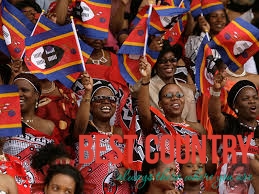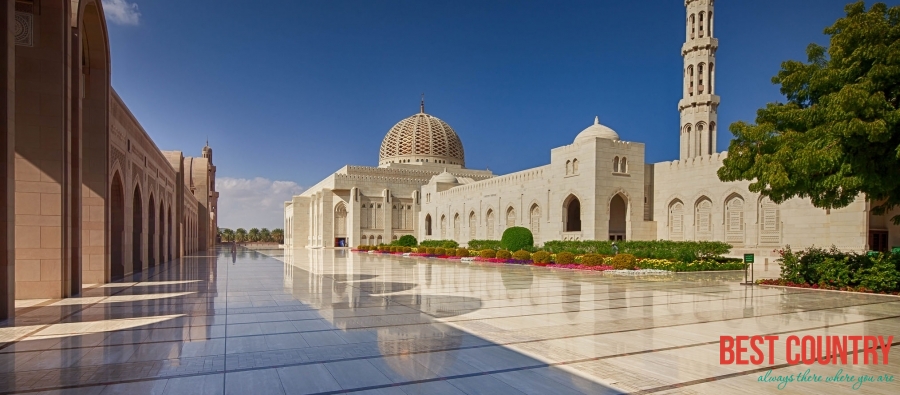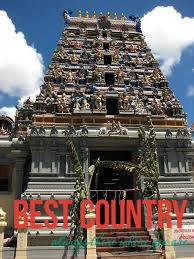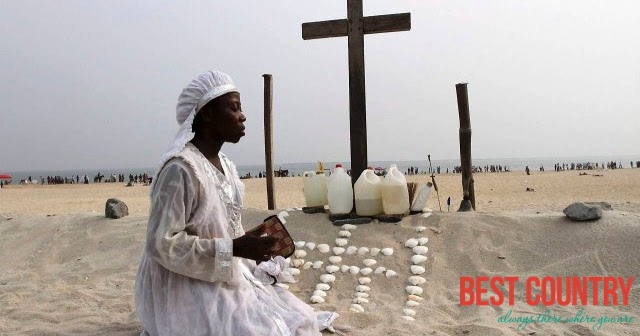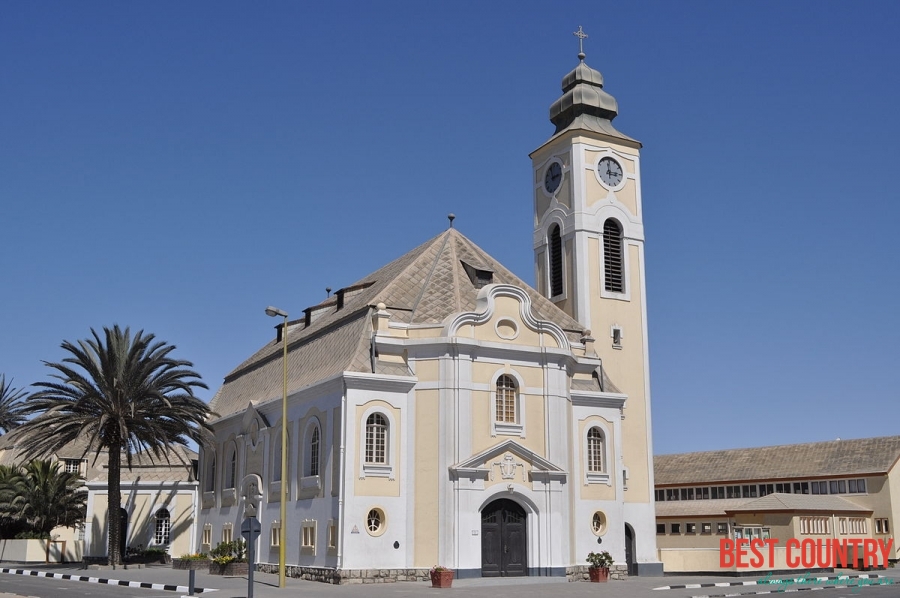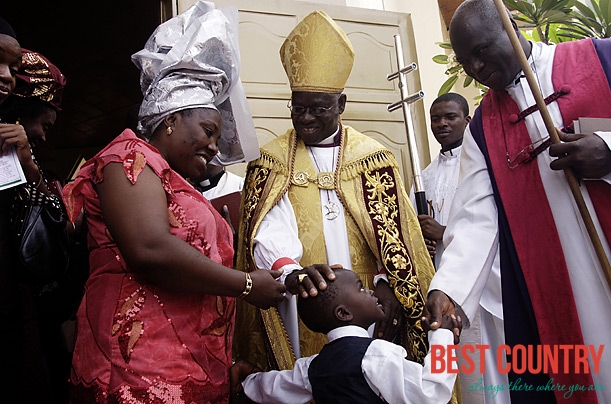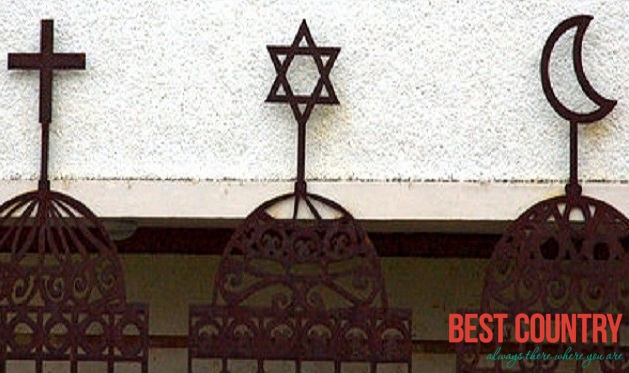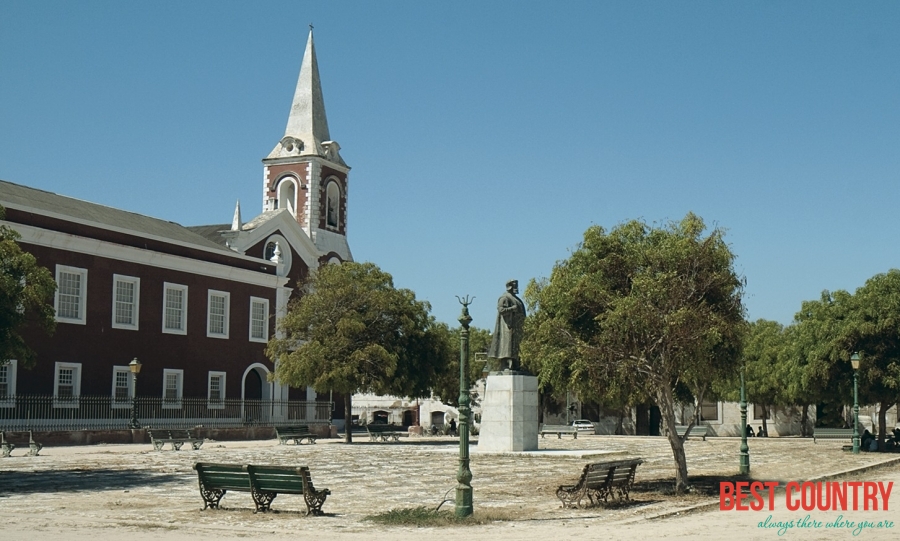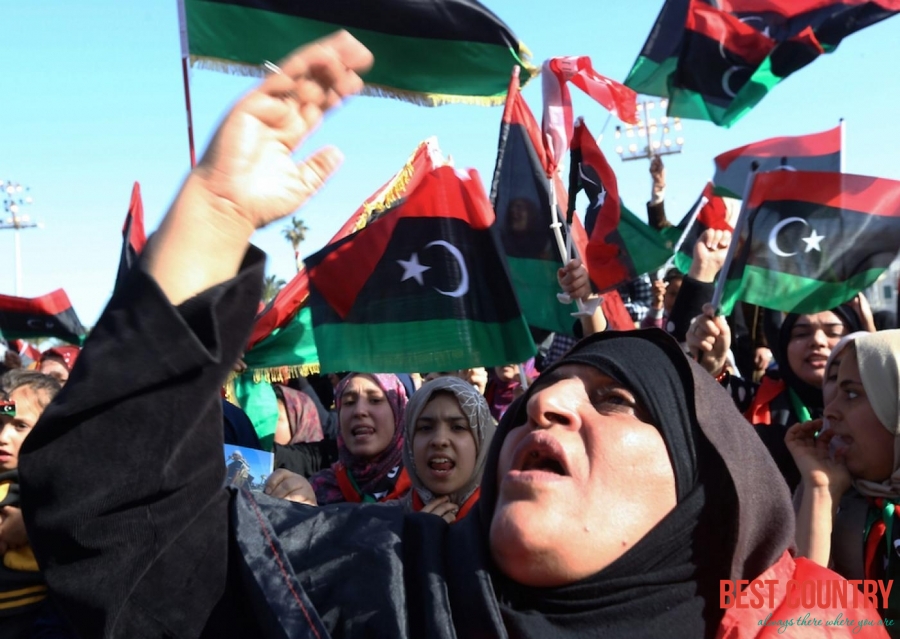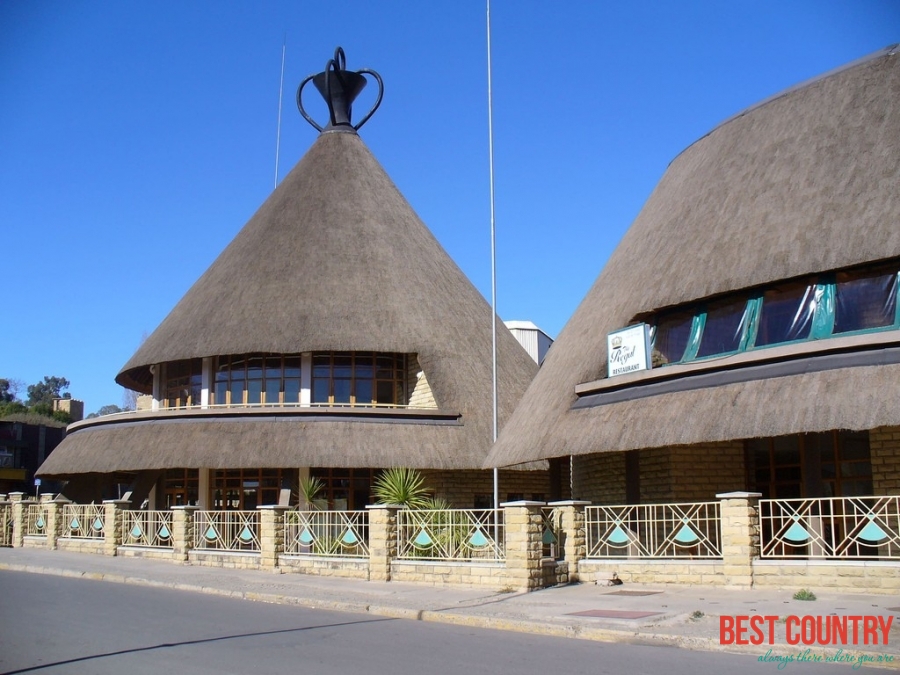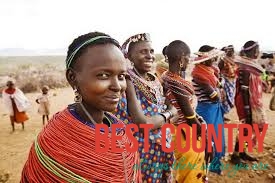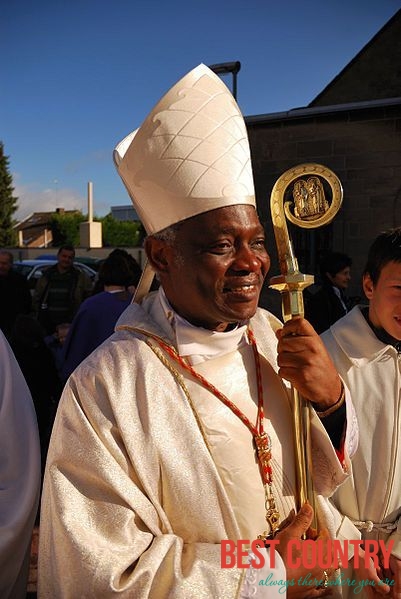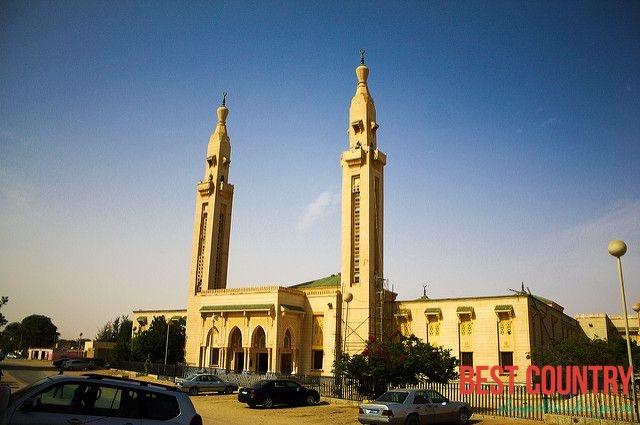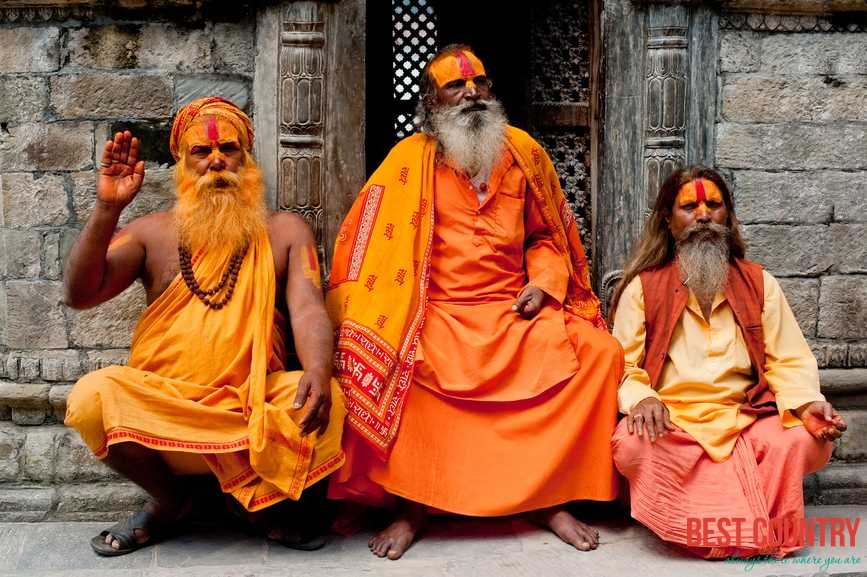Religion in different countries
Religion in Swaziland
Swaziland is a largely religious society, with Christianity, and Swazi traditional religion being the most popular religions.According to Religious intelligence, 82.70% of the total population adheres to Christianity, making it the most common religion in Swaziland.
Religion in Oman
The religion of Oman is Islam, but Oman is a special case being the only country in the world where neither Sunni nor Shi'i dominates, rather the smaller branch of Ibadism.
Religion in Seychelles
The 2002 government census estimated that the population of Seychelles is 82% Roman Catholic and 6% Anglican. There are other Christian groups, including Baptists, Seventh-day Adventists, Assemblies of God, the Pentecostal Church, the Pentecostal Assembly, Nazarites, Orthodox Church and Jehovah's Witnesses.Hinduism, Islam and the Bah Faith also have sizeable number of adherents in the country.
Religion in Niger
Islam is the dominant religion in Niger and is practiced by 80 to more than 98 % the population.
Religion in Namibia
More than 90 percent of Namibian citizens identify themselves as Christian.
Religion in Nigeria
Religious affiliation in Nigeria is strongly related to ethnicity, with rather distinct regional divisions between ethnic groups. The northern states, dominated by the Hausa and Fulani groups, are predominantly Muslim while the southern ethnic groups have a large number of Christians. In the southwest, there is no predominant religion.
Religion in Morocco
Islam is the dominant religion in Morocco – the Sunni variant in particular. “Islam” is an Arabic word that denotes submission, surrender, and obedience. As a religion, Islam stands for complete submission and obedience to Allah – that is why it is called Islam. The other literal meaning of the word “Islam” is “peace.”
Religion in Mozambique
According to the most recent census conducted by the National Institute of Statistics in 2007, 56.1% of the population of Mozambique were Christian, 17.9% were Muslim (mainly Sunni), 18.7% had no religion, and 7.3% adhered to other beliefs. These figures need to be used with great care as they are quite problematic.
Religion in Libya
Sunni Islam of Maliki school of jurisprudence is the dominant religion in Libya. Other than the overwhelming majority of Sunni Muslims, there are also small Christian communities, composed exclusively of foreigners. Coptic Orthodox Christianity, which is the Christian Church of Egypt, is the largest and most historical Christian denomination in Libya.
Religion in Lesotho
Christianity is the dominant religion in Lesotho. The Christian Council of Lesotho, made up of representatives of all major Christian churches in the country, estimates that approximately 90 percent of the population are Christian.
Religion in Madagascar
Approximately half of the country's population practice traditional religion,which tends to emphasize links between the living and the razana (ancestors).
Religion in Ivory Coast
The main Religions in Ivory Coast are Islam and Christianity. According to recent estimates by CIA, Islam (mainly Sunni) is practiced by 38.6% of the population, Christianity by 32.6%, 16.7% of the population is Irreligious, while 11.9% of the population follows Animism i.e., Traditional African religion and other religions.
Religion in Mauritania
The people of Mauritania are nearly all adherents of Sunni Islam of Maliki school of jurisprudence, influenced with Sufism. Mauritania is a country in the Africa, bordering Algeria, Mali, Senegal, and the Western Sahara (currently controlled by Morocco).
Nepal Religion
Religion in Nepal is not only a system of social coherence based on certain rituals and beliefs. It is the binding force that ties this mountain kingdom together. Though Nepal is famous as the world's only Hindu Kingdom, equal respect is given to other religions as well. Buddhism is the second largest religion followed in Nepal, others being Tantrism, Islam and Christianity.
